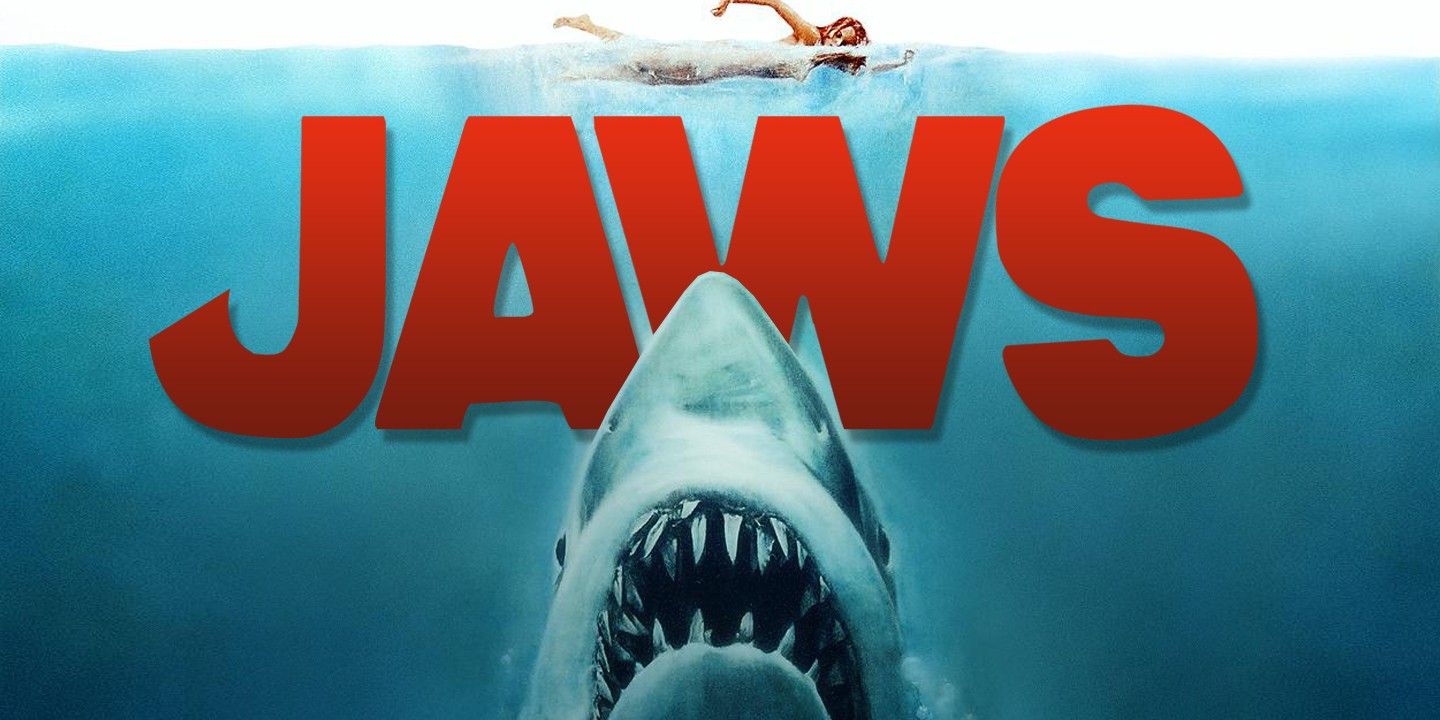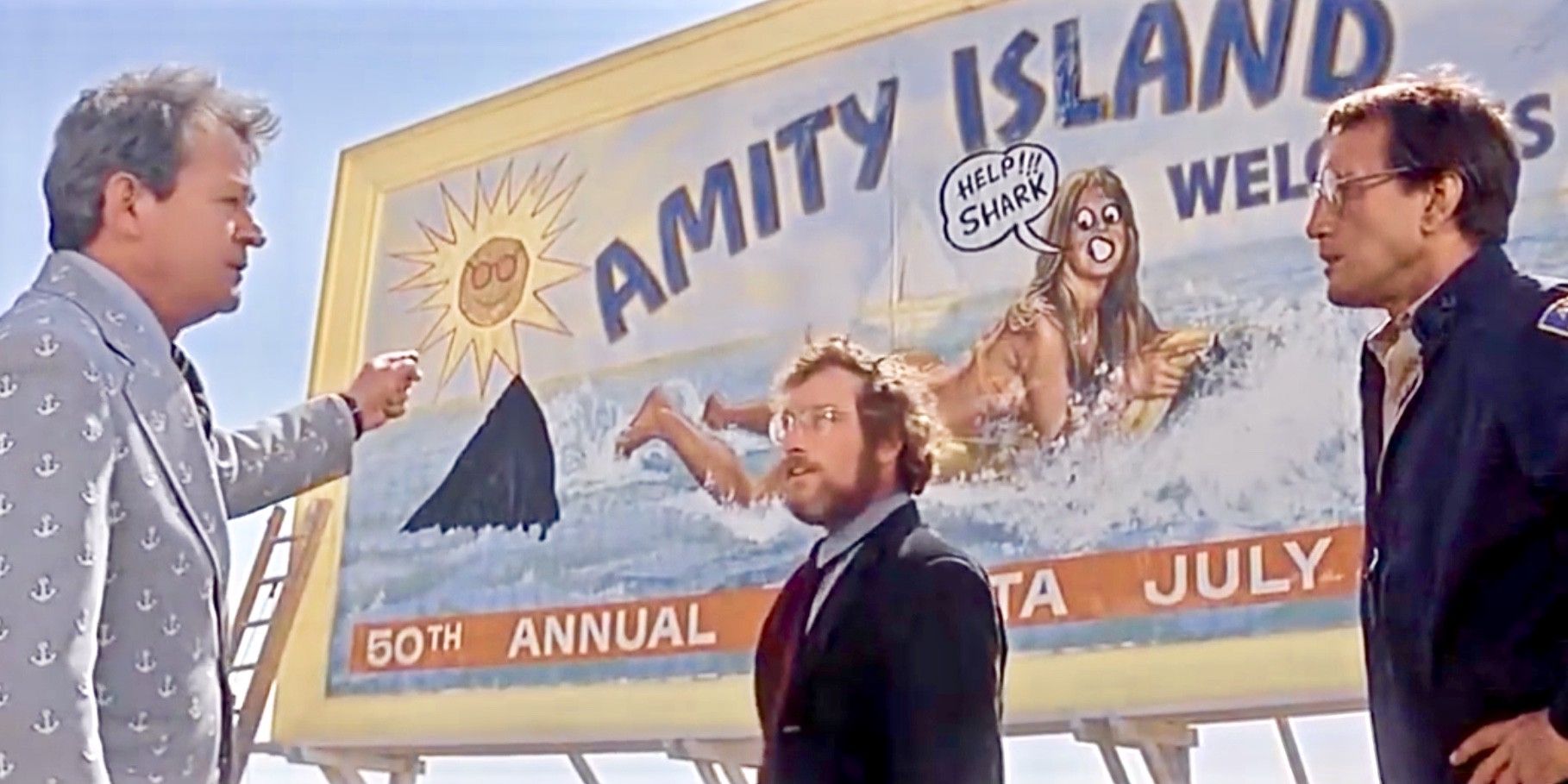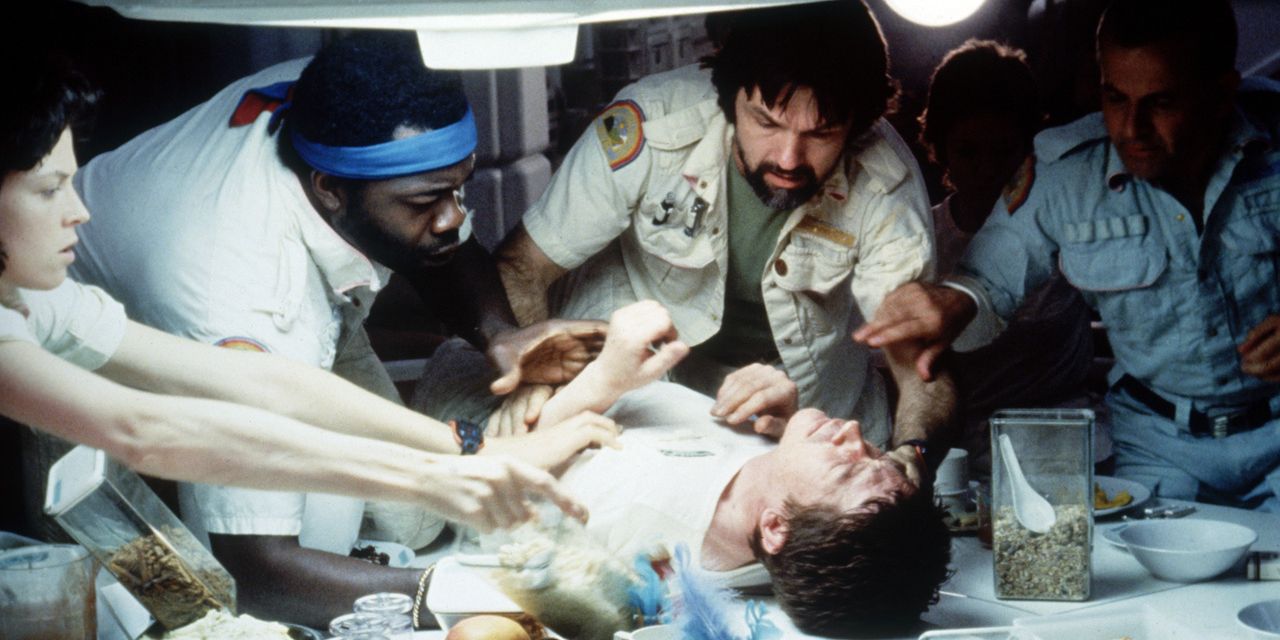Steven Spielberg's 1975 film Jaws invented the concept of the summer blockbuster and was followed by three sequels and countless rip-offs. Ridley Scott's 1979 film Alien is considered one of the best horror films ever made and also spawned three sequels, two spin offs, two crossover films and many video games. These two films are some of the most iconic films of all time, known for their stunning visuals and brilliant execution of suspense and gore. They also share a deeply rooted criticism of modern capitalism within their texts.
Jaws was adapted from a novel of the same name by author Peter Benchley about a vicious man-eating shark that terrorizes a small beach community and the three men who ban together to save the summer. While adapted from the book, there were many changes made from the original novel in the adaptation, including Mayor Larry Vaughan's involvement with the mafia being cut entirely.
In the book, Mayor Vaughan resists Chief Brody's impassioned pleas to close the beaches for safety because of pressure he faces from the mafia. His mafia connections insists that he keep the beaches open in order to protect real estate values and local mafia businesses. In the movie, this motivation is removed, but Mayor Vaughan still insists the beach stays open to preserve local businesses.
Amity Island is a small beach community that makes almost all of its revenue during the summer thanks to tourism. Mayor Vaughan claims that the beaches must remain open at all cost in order to preserve the economic success of the island. He believes that their economy tanking for the summer is a bigger risk than losing more lives to a shark. By protecting profit over innocent lives, Mayor Vaughn is an example of capitalism at its worst.
Amity also shows the flaws of capitalism. By having a town so dependent on the financial success of a singular season, the civilization is unstable to begin with. When the private businesses fail, the entire town fails. With people out of work, they would in turn struggle to pay their rents or mortgages, so they would have to relocate. Relocation would further hurt the town because the tourism industry would be damaged more with the businesses now gone, creating a cycle that could result in the summer hot spot becoming a ghost town.
Beyond Mayor Vaughan, Quint also exploits the situation for financial gain. He shows up at the town council meeting to offer to find the shark for $2,000 and kill it for $10,000. He is the best man for the job, and he knows it, so he is exploiting the scared and desperate town for cash, even though lives are on the line. Once on the job, Quint rejects suggestions for help and even destroys their only contact to the shore, assuring that only he will do this job, in turn profiting the most. Eventually Quint is killed by the shark, which could be read as his greed and obsession being his downfall.
While Mayor Vaughan is one of the main antagonists, since several deaths could've been prevented if he took action, capitalism is the main source of contention, having two of the characters, Vaughan and Quint, believing that it is the only way to succeed in life, despite the risks they put others in. Jaws is not overtly about the failures of capitalism in a modern society, but that theme is present. The irony is that this film created the capitalist driven blockbuster nature of films today, despites its critique of the system.
Alien was also deeply inspired by Jaws, pitched as "Jaws in space," and the criticism of capitalism is also clearly embedded in this film. Alien is about the crew of the commercial space tug Nostromo and the deadly alien that boards their ship. The reason the titular alien gets to rip through the crew like livestock is because crew member Ash is secretly an android working on corporate orders to prioritize the specimen above everything else, even the crew's lives. He is the one who overrides Ripley and allows the alien on board in the first place, and he tries to kill Ripley when she threatens the alien's life.
Ash is under strict instructions from the faceless corporation to consider the human lives aboard the ship as disposable in favor of potential economic success. The corporation exploits its workers for profit to the point that most of them die, all in the name of profit. Once again this is an extreme reflection of the downfalls of capitalism, with the workers' well beings overlooked in favor of money. They are also not seen as individuals in the eyes of the corporation; they are seen as a means to a financial end.
Where Jaws directs its critiques on capitalism as a structure for maintaining society, Alien dives deeper and criticizes capitalism's exploitation of workers. The visual aesthetics of the Nostromo are meant to represent the daily lives of worker, which are systematic, oppressive and claustrophobic. This is a deliberate choice to emphasize how the heroes of the film are working class victims of the upper class.
In both Jaws and Alien, the main villain is a creature running on instincts. While these creatures are viciousness, they are just animals driven by their nature. They only pose a deadly risk to humans when capitalism forces humanity, particularly the working class, into dangerous situations with these beasts in order for the upper class to profit. Both films are iconic pieces of American cinema, and they share many similarities in structure and intention, including the shared criticism of modern capitalism and its negative impacts on individuals.



